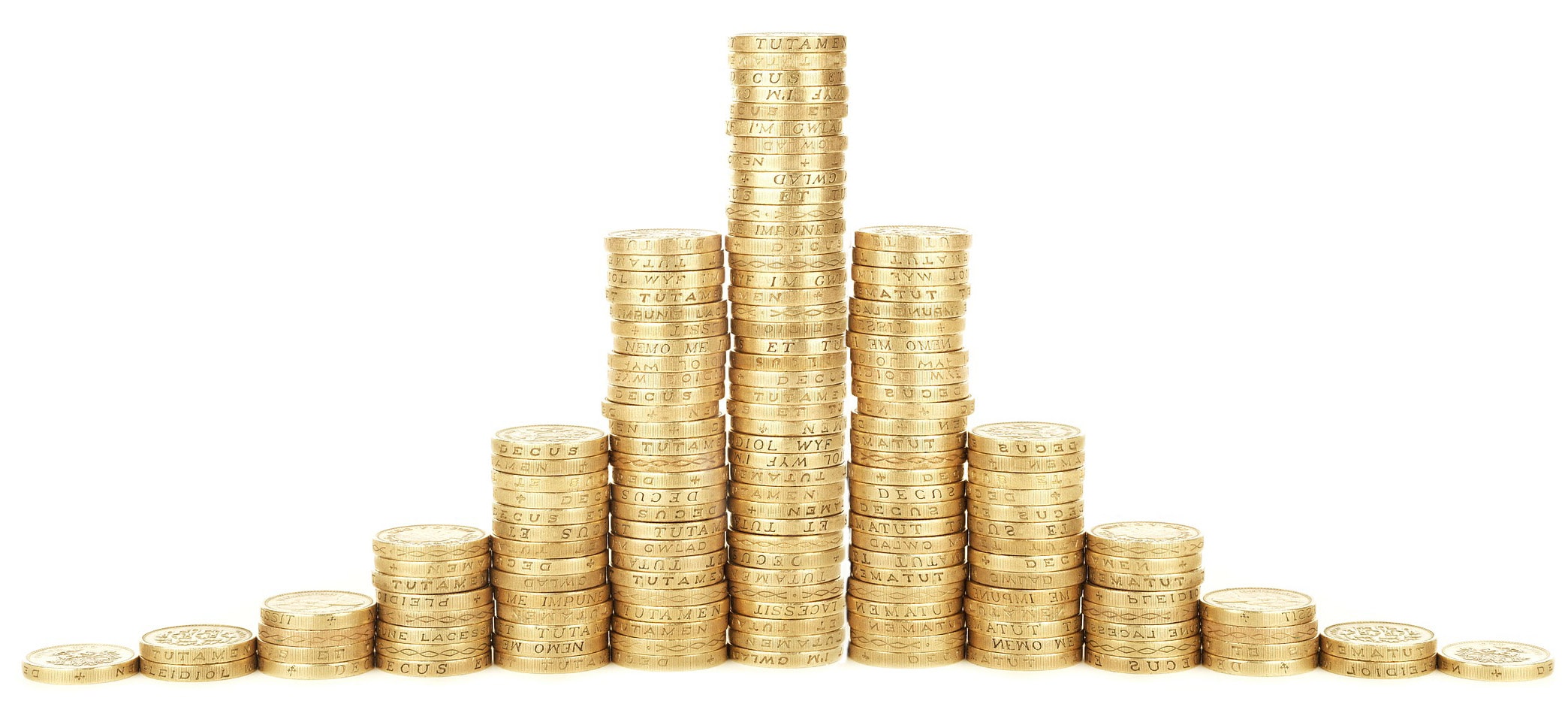Arcadia, an upscale Los Angeles suburb, is at the center of the latest scam to befall alternative digital currencies. And it may be a big one, involving a local politician.
According to Long Z. Liu, an attorney planning on filing a class action lawsuit on behalf of the victims, as many as 80,000 investors may have been victimized, many of them from China. According to , total losses may be $170 million.
The scam involves GemCoin, a quasi-digital currency that is currently marketed as a rewards program. It is produced by a company called U.S. Fine Investment Arts Inc. (USFIA), which says GemCoins are awarded to customers who purchase physical amber and other precious gems, mined in the Dominican Republic and Mexico. GemCoin would be converted into a digital currency or cryptocurrency by year’s end, according to corporate counsel Andy Beal, cited in the .
USFIA has been described by investors as a multilevel marketing company, whereby those recruiting other investors are rewarded for revenues generated further down the line.
Investors began to complain when they tried cashing in on their holdings, upon which they discovered they were worthless. Liu claims that he, together with family and friends, invested $350,000 in 2013 and none of it has been returned. He alleged that he was banned from USFIA offices after complaining. Other alleged victims have reportedly withheld their names for fear of retaliation.
“Government Backed”
Some other highlights of GemCoin, according to its :
- It will eventually become available for trade like other cryptocurrencies, and use “the latest encryption technology: The Blockchain 2.0.”
- It was created out of an agreement between the USA and China.
- It is superior to Bitcoin, which is backed by math, and is a “guarantee of stability, security and benefiting from years of experience of the use with the Bitcoin.”
- It is “backed up by AFG who has 50 Billion Dollars of assets worldwide,” including mining operations, real estate, jewellery manufacturing, theme parks and electric cars.
- It is “the first digital currency legalized by the state of California (bills AB-129),” and “is guaranteed by 15 billion dollars and is perfectly legal.”
- Buying $1,000 worth of amber stones gets you a reward of 7.6 GemCoins. Buying $30,000 worth gets you 230 GemCoins.
In case you’re wondering why so many investors would fall for something like this: GemCoin, and the company behind it, allegedly enjoy “government” backing. John Wuo, a local elected councilman who has served several terms as mayor, has allegedly given his blessing. Earlier this year, he reportedly told local Chinese TV and radio reporters that GemCoin is a “breakthrough in finance”, “is cutting edge”, and that it “has great potential for our economy.” His image also appeared on USFIA promotional materials. He has reportedly praised USFIA CEO Steve Chen, calling him “one of the quickest thinkers” he has ever known.
Wuo’s alleged involvement has had a profound effect, according to alleged victims, especially when accounting for the compounding effects realized when marketing to foreign investors. For them, much gets lost in translation, and their trust is underpinned by knowing that the coin has some sort of government backing, just like real money.
Wuo claims to have no involvement or knowledge of Gemcoin or USFIA, and that USFIA used his image in promotional materials without permission. However:
- Last Monday, he was seen in the lobby of USFIA headquarters, where he declined to comment on why he was there, saying only that the lawyer whom he has hired advised him not to speak with the media.
- He has reportedly appeared at numerous USFIA marketing events, during which he given out prizes to top investors, such as novelty keys to a Mercedes-Benz.
- A document filed in December 2013 with the Secretary of State states Wuo is a business partner with the aforementioned Chen.
The scam is reportedly being investigated by the FBI, US Securities and Exchange Commission (SEC), the Department of Business Oversight, and the IRS, in addition to local police.
It is also reminiscent of the MyCoin scam, also initially suspected to run into the hundreds of millions, and which foreign investors from China were lured with lavish promotional events.





Be First to Comment